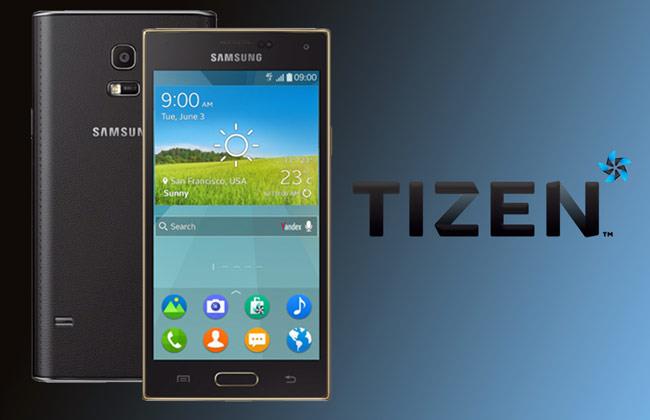 According to Reuters, South Korean smartphone manufacturer Samsung is planning to launch more Tizen smartphones that will come in different price range in 2015. At first Tizen was designed to specifically compete with Android and iOS, the top two most powerful mobile operating systems, but due to several delays and failures, Samsung decided that it will make a different approach with its new self- made operating system by offering its customers a low-cost alternative.
According to Reuters, South Korean smartphone manufacturer Samsung is planning to launch more Tizen smartphones that will come in different price range in 2015. At first Tizen was designed to specifically compete with Android and iOS, the top two most powerful mobile operating systems, but due to several delays and failures, Samsung decided that it will make a different approach with its new self- made operating system by offering its customers a low-cost alternative.
“Samsung has become the leader in the development of the new operating system, but several big technology companies such as Panasonic, Huawei and Intel, are part of the Tizen Association, which is the group founded in 2012 that looks to support the creation of the platform,” according to Tech Times. Back in 2013, Samsung launched mirrorless camera NX300 while in 2014 smartwatches Gear 2 and Gear 2 Neo were launched.
Tizen’s Z1 devices, which were available at USD 92, first launched in January in India, the third-biggest market in the world for smartphones. According to the Economic Times, over 1 million smartphones were sold. Tizen smartphones were later available in Sri Lanka and Bangladesh. According to a May report by Counterpoint, “Z1 was the best-selling smartphone in Bangladesh in January-March.”
“We reviewed the Samsung Z1 a few months ago, and we can say that those million users are getting a terrible smartphone experience. Tizen has very few apps, and it makes a lot of weird UI decisions (like home screen pages that won't display apps, only widgets).Worst of all, Tizen feels like a cheap knockoff of an old version of Android. Android is free, and the base platform is open source, so if you aren't going to do something different, don't bother. "Cloning" an open source product is a waste of time,” according to Reuters’ reporters.
According to Samsung, customers must choose Tizen over other open source operating systems because Tizen is “lighter” compared to other operating systems, which makes Tizen devices ‘optimal for use across a wide spectrum of smart connected devices in the IoT space.’ Furthermore it requires “less processing power and memory” which makes its devices way faster and spend less energy.
“Tizen constitutes a large and important part of our Internet of Things (IoT) strategy that encompasses all device categories across the company. BK Yoon, the company’s CEO, announced last week at the 2015 International Consumer Electronics Show (CES) that all Samsung devices will be IoT-ready in five years. Many of these devices will be running Tizen. Considering that we sold around 665 million devices last year alone, that could translate into a lot of Tizen,” Mingi Hyun, contributor at Samsung Electronics’ Corporate Communications wrote in a blog post.
(Picture Source: samsungrumors.net)